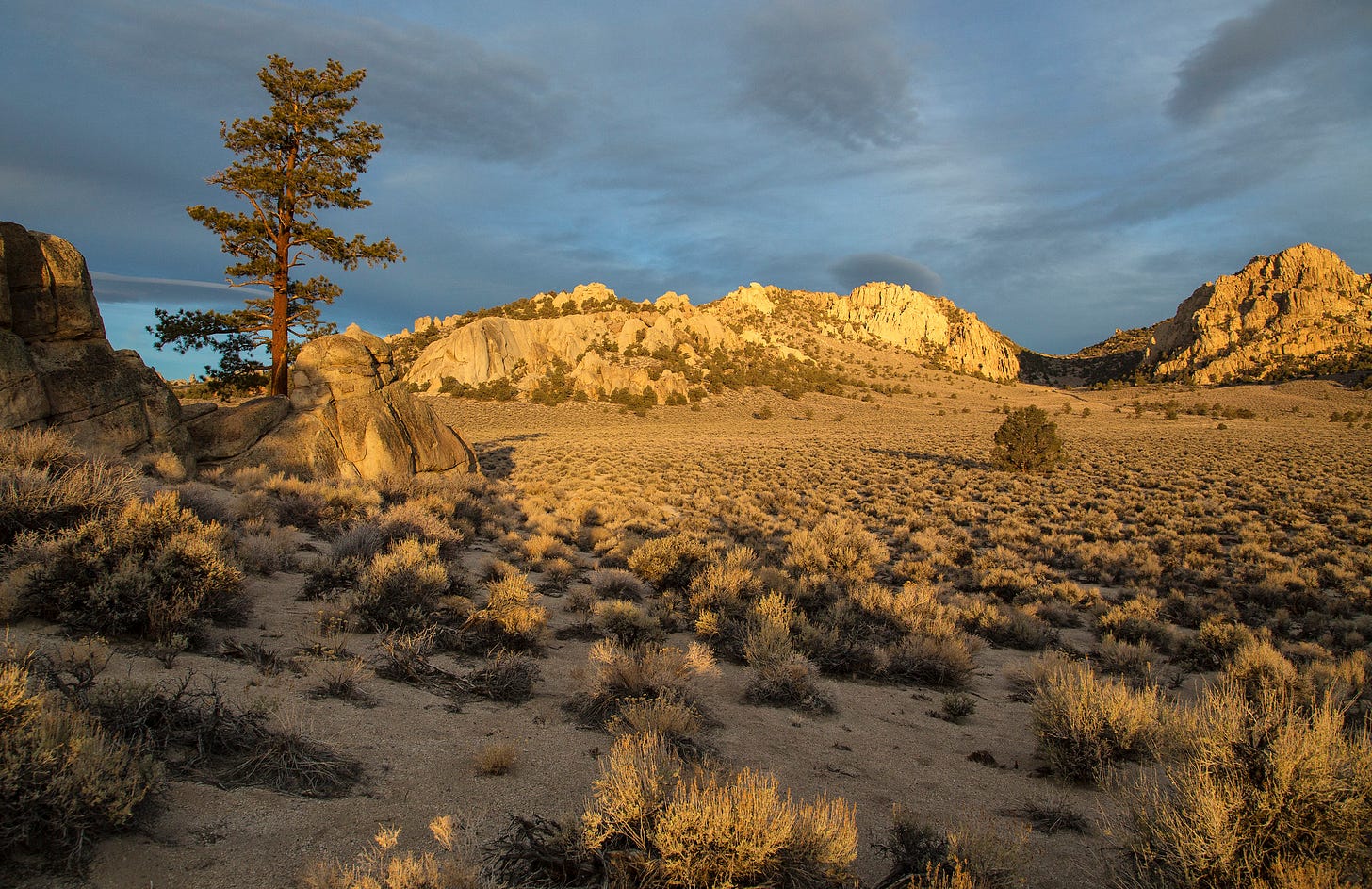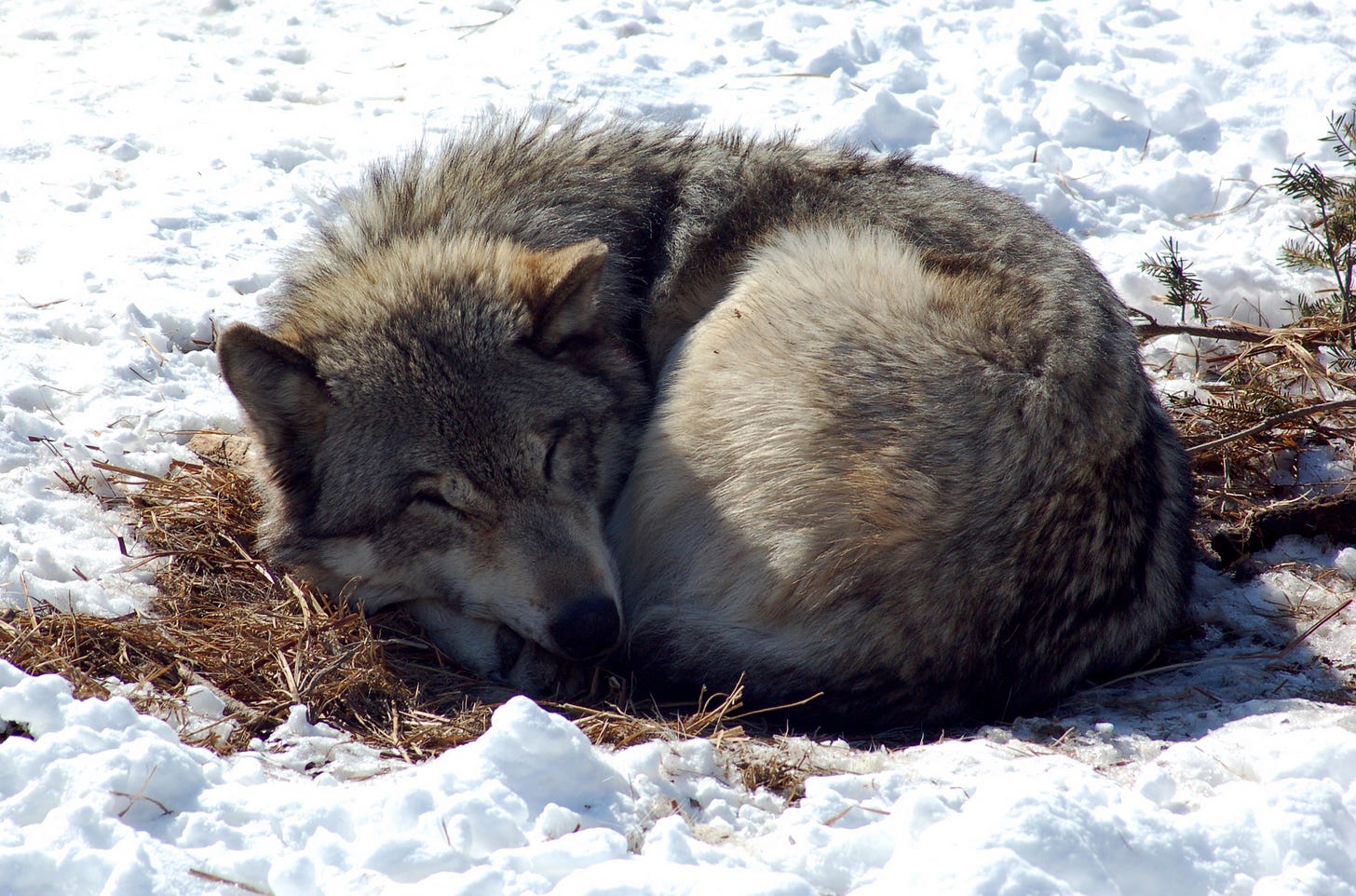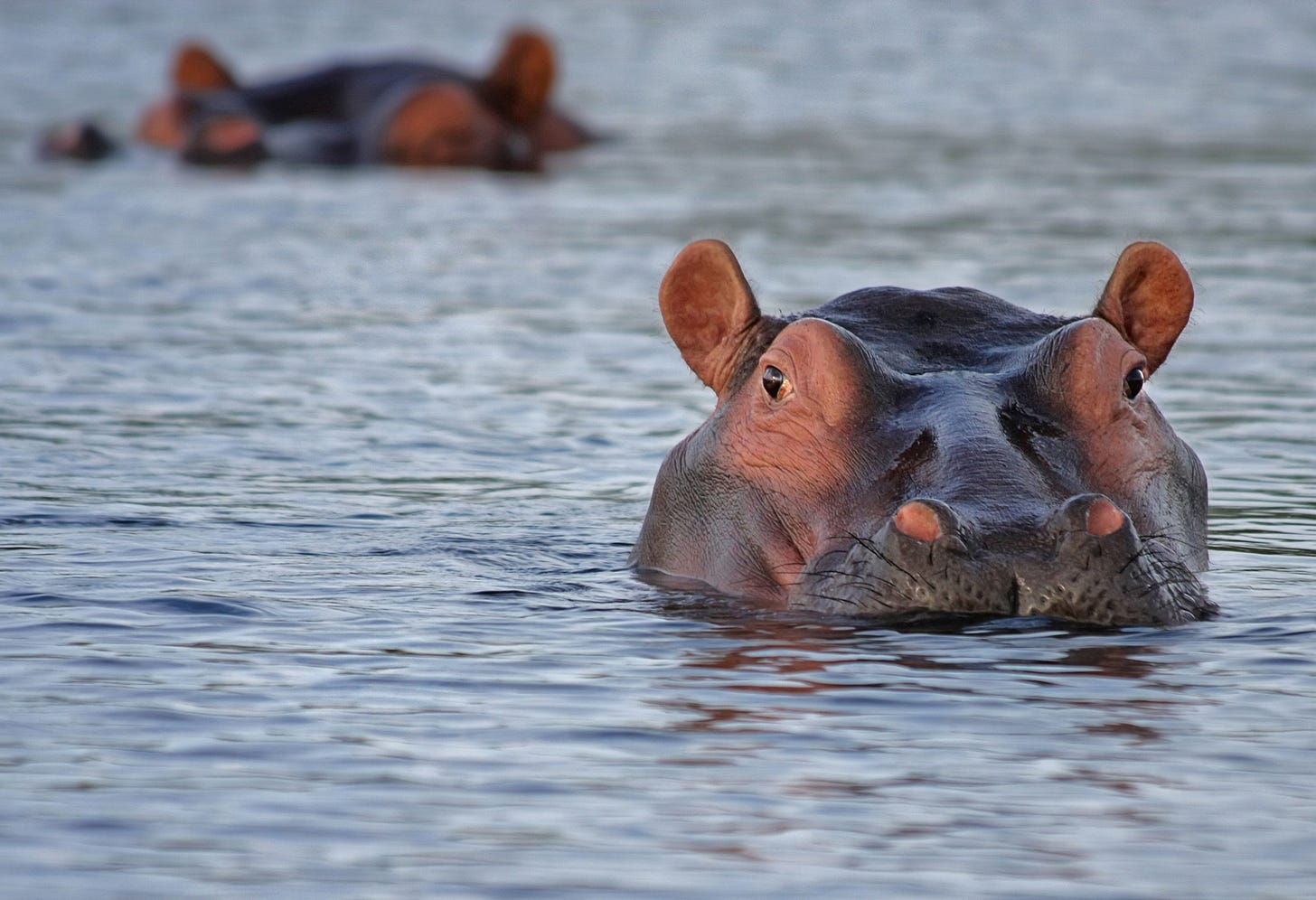Another busy week for America’s lands, waters and wildlife. Let’s start with the topline news — Doug Burgum, former Governor of North Dakota, has been confirmed to lead the Department of the Interior, the agency overseeing agencies like the US Fish and Wildlife Service, the Bureau of Land Management and the National Parks Service. Brooke Rollins, who President Trump has tapped to run the US Department of Agriculture, also looks like she will easily get enough Senate votes for approval.
Burgum kicked off his tenure with orders implementing many of the executive orders signed by President Trump last week. I covered many of those orders last week. One of these efforts is attempting to undo the widespread ban on offshore drilling that former President Biden enacted at the end of his term. While the president does have the authority to manage coastal areas through the Outer Continental Shelf Lands Act, some legal experts suggest that the president may not have the authority to *undo* a previous president’s permanent ban. This one is almost certainly going to end up in the courts.
That probably goes for many of the actions stemming from these recent executive orders — they’re going to go to the courts. In the meantime, judges may allow various activities and rules to continue (or order them to stop) while the legal questions are figured out. But the agencies themselves can also act, or not act, in ways that impact the former Biden administration’s actions.
For example, last year, the Biden administration finalized a rule to put conservation “on equal footing” with other possible uses — such as mining, logging, ranching, etc — of land controlled by the Bureau of Land Management (BLM). As I noted when I wrote about this for Sierra, that move was significant in large part because the BLM has been historically criticized for a supposedly cozy relationship with industries like ranching and mining. The new rule didn’t rule out things like mining or ranching on BLM lands, but it *did* create ways to support the conservation of land and wildlife on lands held by the agency.
To guide how that rule was implemented, the agency also set up the Public Lands Rule Advisory Committee, made up of representatives from tribes, states, the scientific community, industry, and other groups with a stake in how public lands are used. But last week, E&E News reported that the new Trump administration has suspended that advisory committee.

Elsewhere, the Trump administration has already started to use a heavy hand in some of the minute details of land and water management. Last week, the Army Corps of Engineers sent a bunch (I mean, *a bunch*) of additional water through two dams in California, per the LA Times. The president had previously suggested that California’s water management had hampered wildfire-fighting efforts in Los Angeles County last month, even as experts say that wasn’t true.
Nevertheless, the president has now bragged on social media:
“The water is flowing in California. These once empty “halfpipes” are now brimming with beautiful, clean water, and heading to farmers throughout the State, and to Los Angeles. Too bad they refused to do this during my First Term - There would have been no fires! I want to thank our Great Military, and the Army Corps of Engineers, for their LOVE of our Country, and SPEED in getting this Emergency DONE!”
What will this release of water actually do? Well, for one, it won’t go to Los Angeles, but rather, CBS reports, to a lakebed in the Central Valley. There, experts say, it will probably just be lost and unavailable to farmers when the summer hits.
Also, on the suggestion that “there would have been no fires” if this water had been flowing earlier — even as firefighting efforts were hampered by some water shortages, they were also hampered by high winds that grounded firefighting aircraft. The fires raced through dry brush, which can burn quickly, and a recent analysis found that these fires were made 35% more likely thanks to climate change. Sounds like there is something we can do about preventing forest fires (no, not you Smokey Bear), and it sounds like “dealing with that whole climate change thing.”
On the endangered species front, wolves are facing a new challenge in Congress. Representative Lauren Boebert (R-Colorado) has introduced legislation that would take grey wolves off of the endangered species list. That bill has now been co-sponsored by 31 other members of Congress, all members of the GOP. According to the National Wildlife Federation, grey wolves once roamed over most of the country — but today, the animals are limited to mere patches of the former American habitat. Wolves are a cornerstone of the North American ecosystem, playing a key role as a top predator. They have also historically clashed with landowners who worry about losing cattle and other livestock to predation.

Another species with protected status up in the air is hippos. Yes, hippos. In addition to protecting wildlife native to the United States, the Endangered Species Act has ways of protecting wildlife that don’t live here — such as by banning their import into the country. A recent lawsuit sought to get the US Fish and Wildlife Service to decide on whether to include hippos on that list and a federal judge has now ruled that the US Fish and Wildlife Service has until mid-2028 to make that decision. The IUCN Red List, the most comprehensive catalog of wildlife in the world, says that hippos are currently “vulnerable” to extinction, under threat from habitat loss and hunting.
Finally, USDA has announced that cattle can once again be imported into the United States from Mexico. Those imports had been halted late last year after screwworm was detected in southern Mexico. Screwworm, long a scourge of cattle, has been basically eradicated from the US since the early 1980s. Efforts to prevent the insect from reaching the US are *intense* (read about it here).
That’s it for now. I don’t know about other parts of the country, but it was slightly warmer here in Chicago recently. Yet the doldrums of winter always find a way to return.
My prescription: get outside and some of these country’s lands, waters and wildlife. They’re great.



